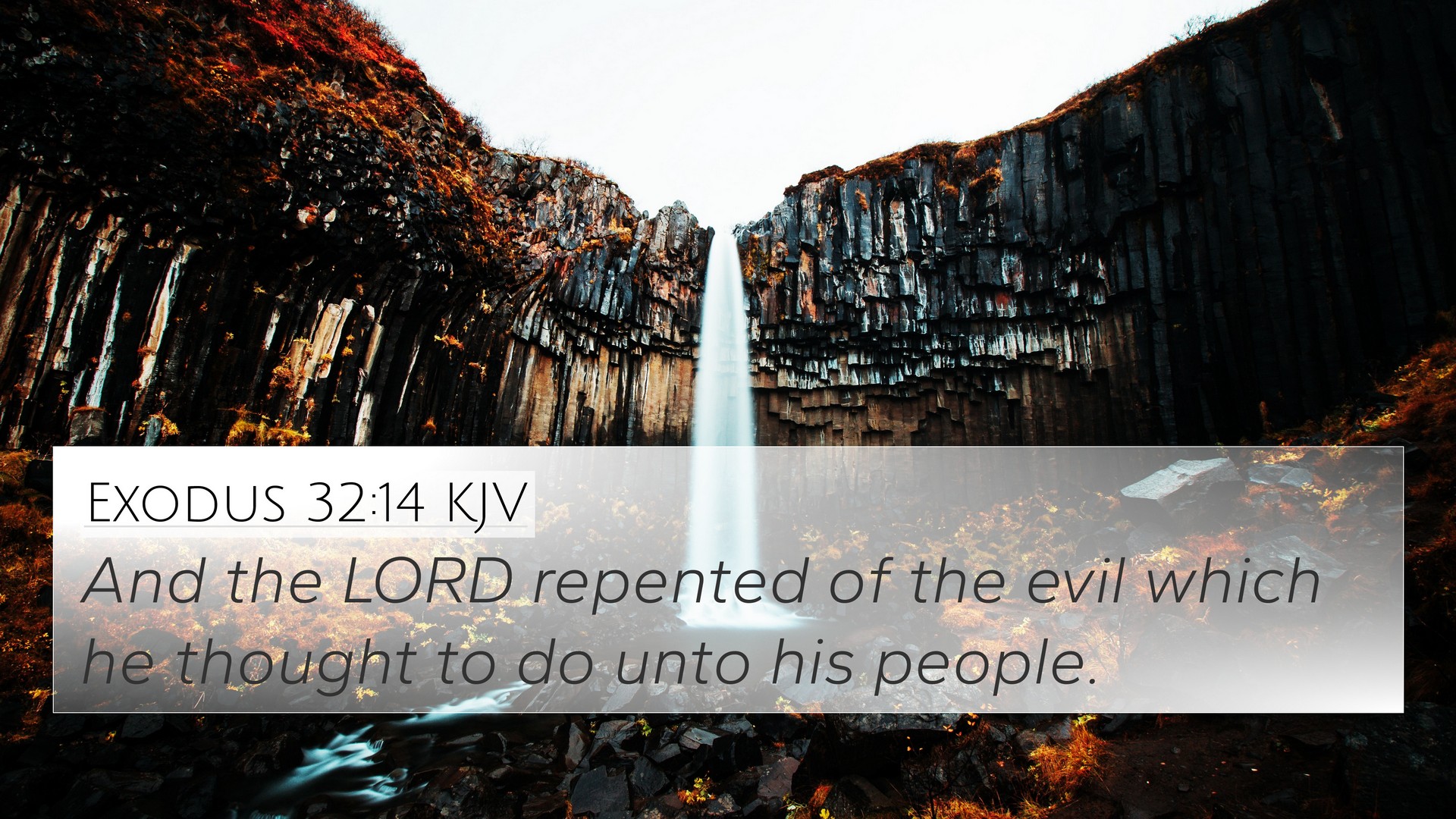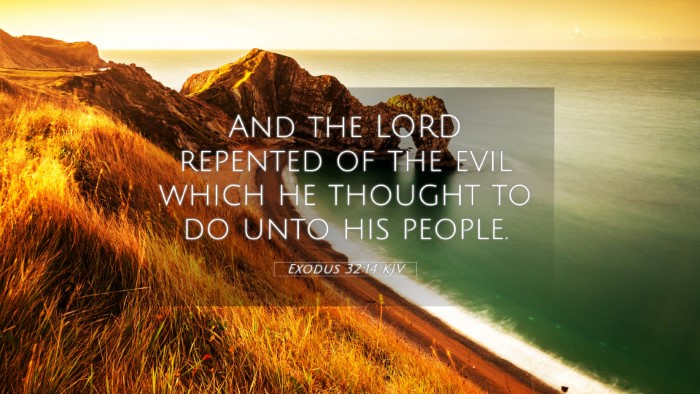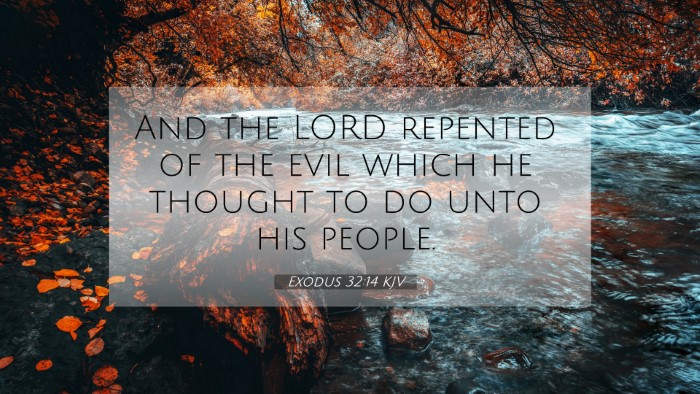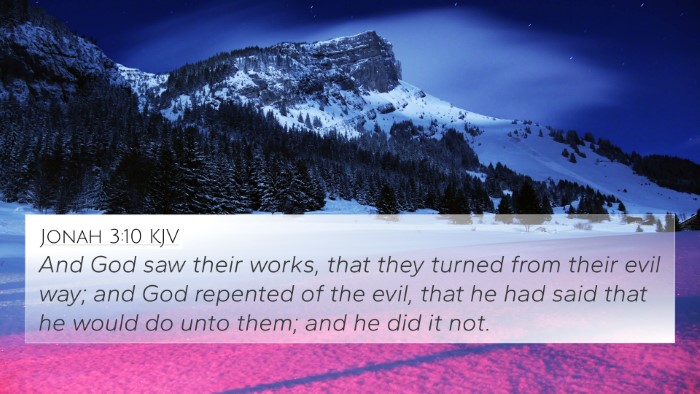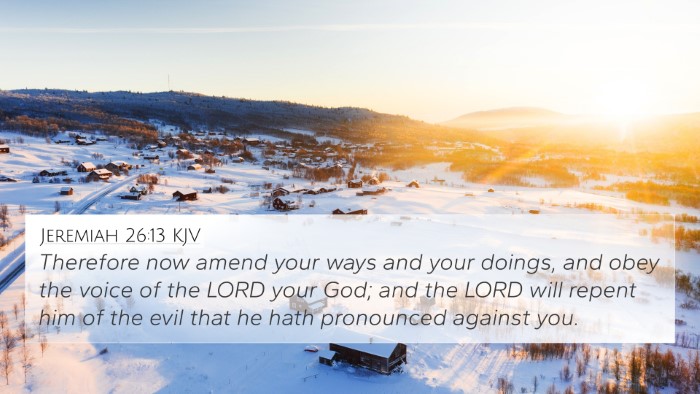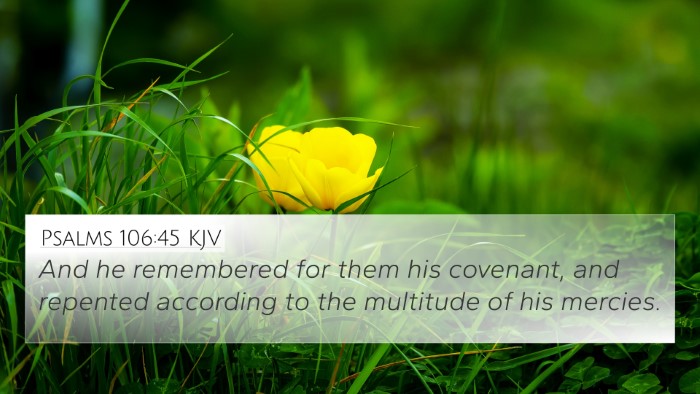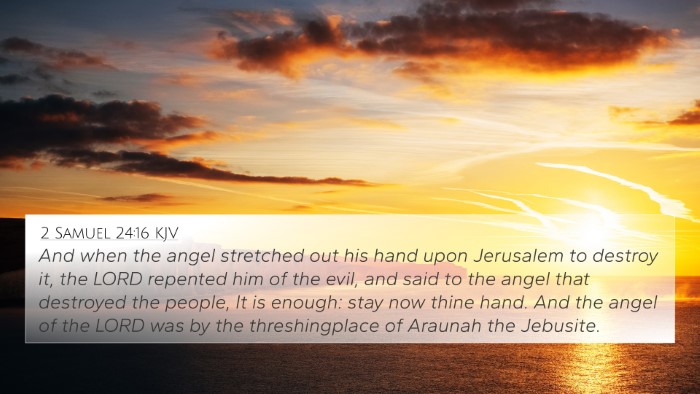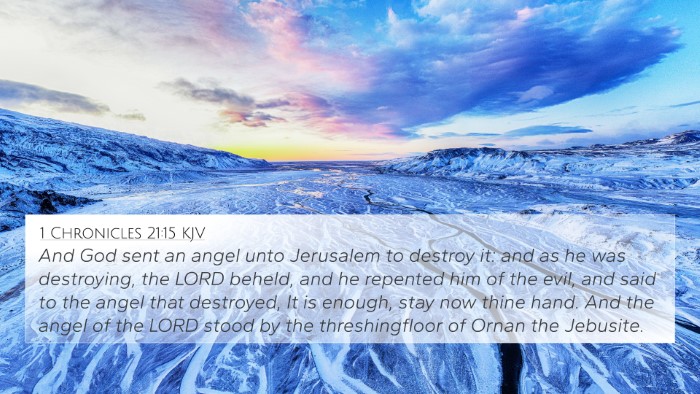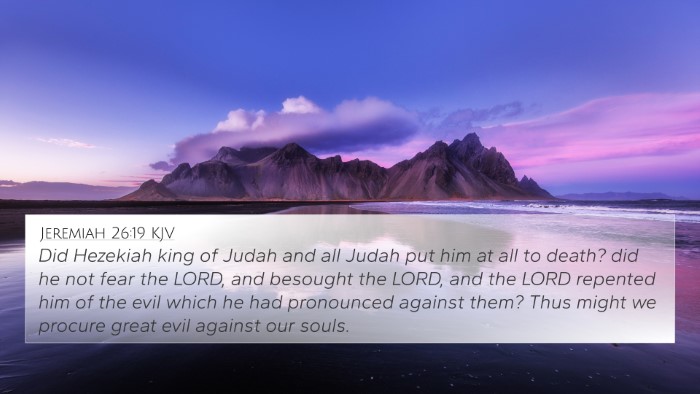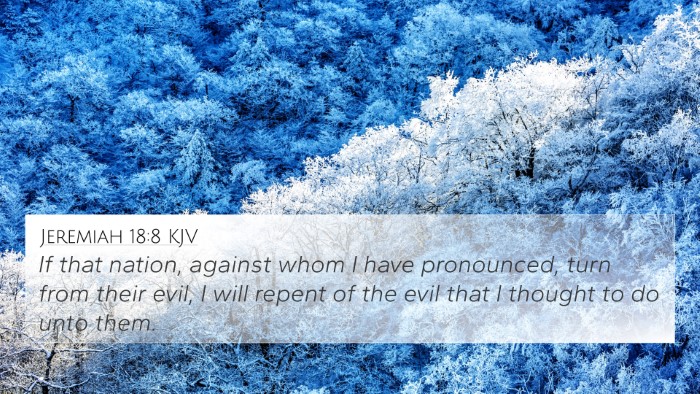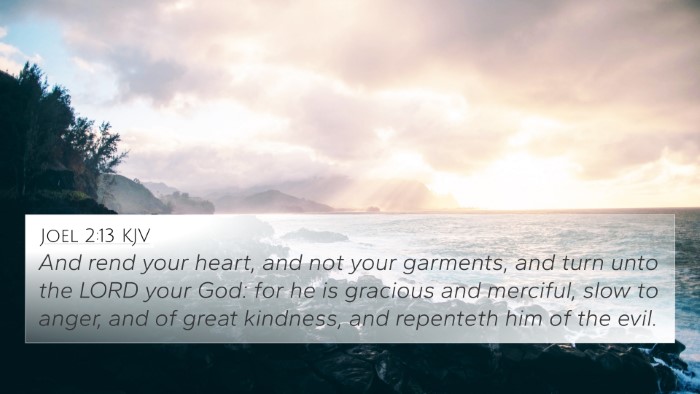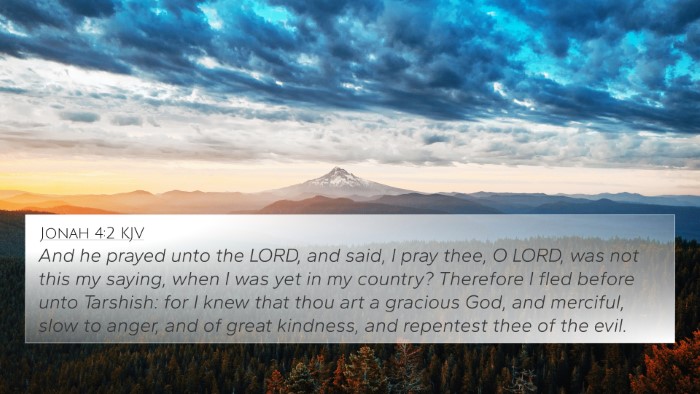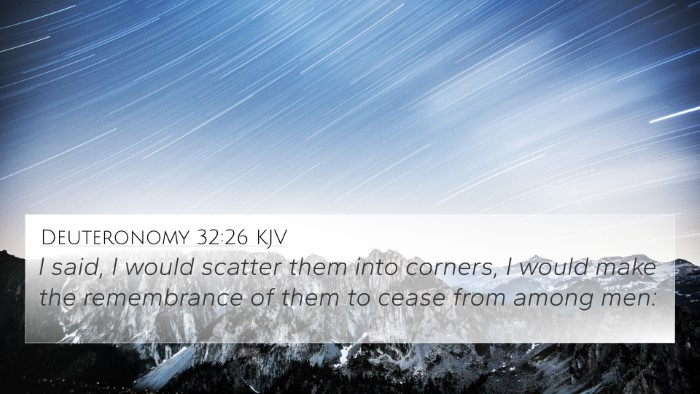Understanding Exodus 32:14
Exodus 32:14 states: "And the Lord repented of the evil which he thought to do unto his people." This verse depicts a moment in which God altered His intended action concerning the Israelites after Moses interceded on their behalf. It invites contemplation about God's character, the nature of divine interaction with humanity, and the power of intercessory prayer.
Commentary Insights
Matthew Henry's Commentary
Divine Repentance: Henry emphasizes that the term "repented" in this context does not imply that God made a mistake or was unsure but rather that He responded to Moses' pleas with mercy. It illustrates God's willingness to show compassion and grace, highlighting the relational aspect of God's dealings with His people.
Intercession of Moses: Henry notes the importance of Moses as an intercessor. Moses' plea was vital in demonstrating the power of prayer in altering outcomes, portraying a profound connection between God and His chosen leaders.
Albert Barnes' Commentary
God's Sovereignty and Mercy: Barnes discusses the implications of God 'repenting' and asserts that this speaks to His sovereign will, where God listens and responds to human actions, illustrating His governance and mercy. It reflects the depth of God's relationship with His creation, emphasizing that He is not detached but intimately involved.
Contrasting Human and Divine Responses: Barnes contrasts human perspectives on repentance with God's immutable nature, asserting that God's repentance showcases His mercy rather than a shift in intention, as human repentance often indicates remorse. This lays out a foundational truth about the nature of God in the face of human behavior.
Adam Clarke's Commentary
Theological Implications: Clarke elaborates that God's change of mind highlights a significant theological principle about divine foreknowledge and human agency. He argues that God's responses accommodate human action without compromising His ultimate purpose and knowledge.
Moses' Leadership: Clarke further focuses on the strength of Moses' leadership and his role as a mediator, providing a template for intercessory prayer. The verse serves as a reminder of the potential impact of human prayer on divine plans.
Cross-References for Exodus 32:14
- Genesis 6:6: "And it repented the Lord that he had made man on the earth..." — parallels God's regret over sin.
- Numbers 14:20: "And the Lord said, I have pardoned according to thy word." — highlights forgiveness following intercession.
- Jeremiah 18:7-8: "At what instant I shall speak concerning a nation... if that nation... turn from their evil..." — God adjusts His plans based on human repentance.
- 1 Samuel 15:11: "It repenteth me that I have set up Saul to be king..." — further illustrates the concept of divine repentance.
- James 5:16: "The effectual fervent prayer of a righteous man availeth much." — emphasizes the power of prayer in impacting outcomes.
- Luke 11:5-10: The parable of the friend at midnight — teaches about persistence in prayer leading to a response.
- Psalm 106:23: "Therefore he said that he would destroy them, had not Moses his chosen stood before him in the breach..." — speaks to Moses' role in intercession.
Conclusion
Exodus 32:14 acts as a compelling testament to the nature of God’s relationship with humanity through intercessory prayer and divine mercy. It not only shows God's responsiveness but also calls to mind the importance of prayer in the believer's life. The connections between this verse and others enrich the understanding of God's character and His interactions throughout biblical history.
Thematic Connections in Scripture
Studying Exodus 32:14 in the larger biblical narrative leads to deep thematic connections, especially concerning the dynamics of God's forgiveness, mercy, and the transformative power of prayer. Recognizing how these principles interlink across scriptures enhances the comprehension of grace and intercession in the Christian faith.
Related Keywords
- Bible verse cross-references
- Connections between Bible verses
- Linking Bible scriptures
- Comparative Bible verse analysis
- Bible verses that relate to each other
- Cross-referencing Biblical texts
- Thematic Bible verse connections
- Bible verse parallels
- Scriptural cross-referencing
- Inter-Biblical dialogue
